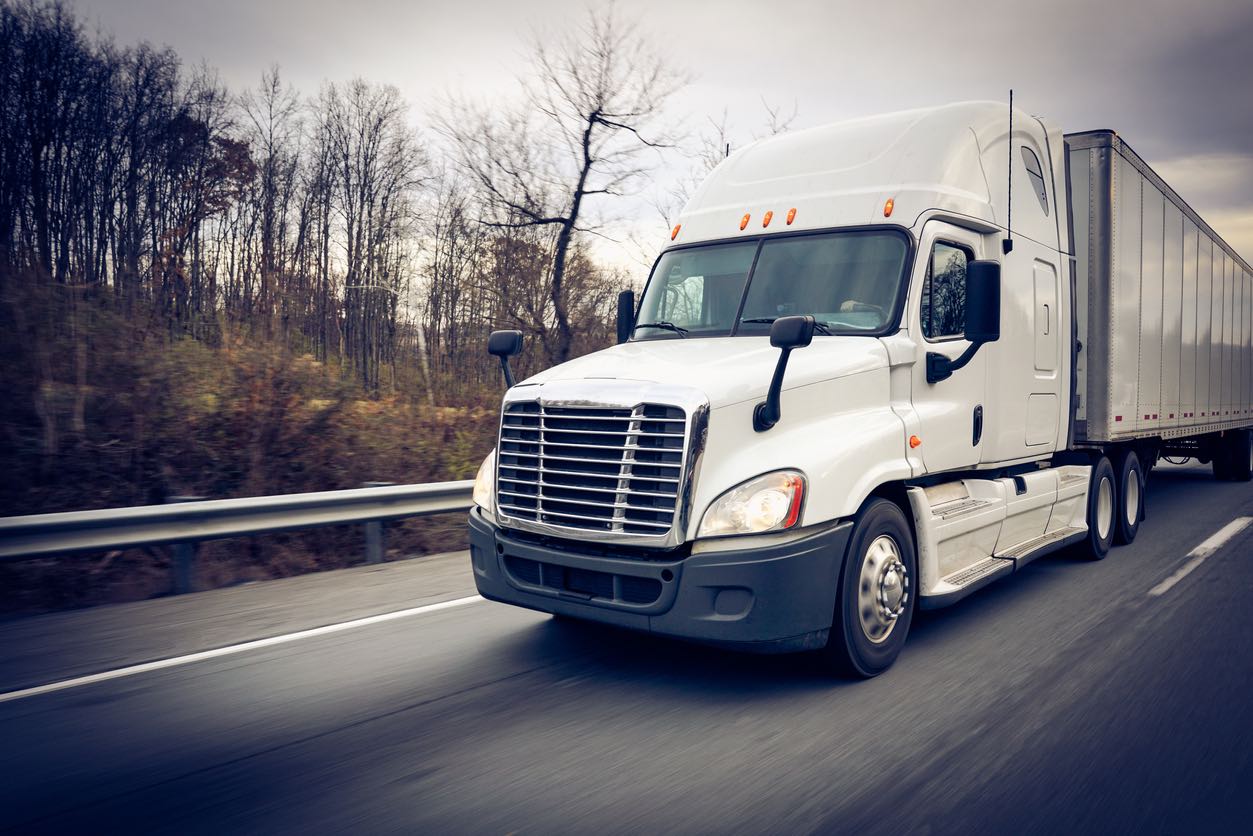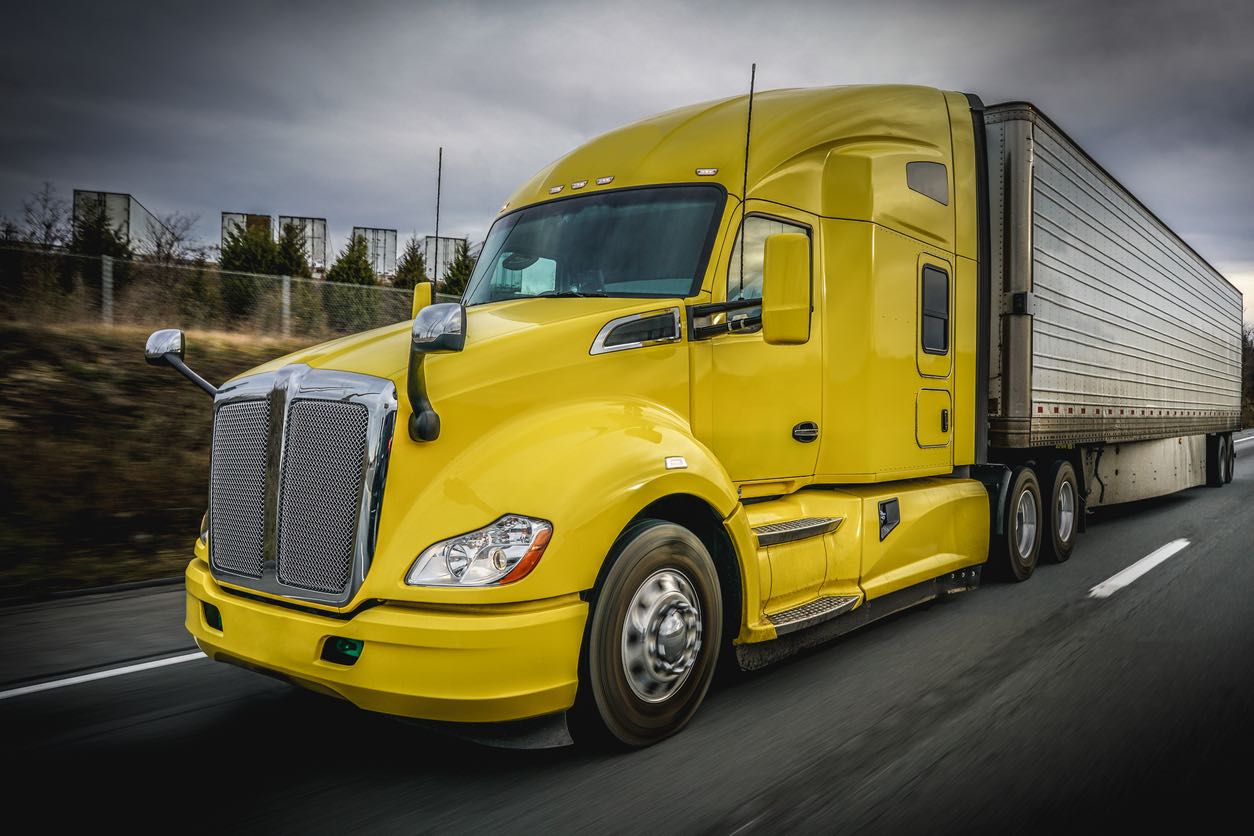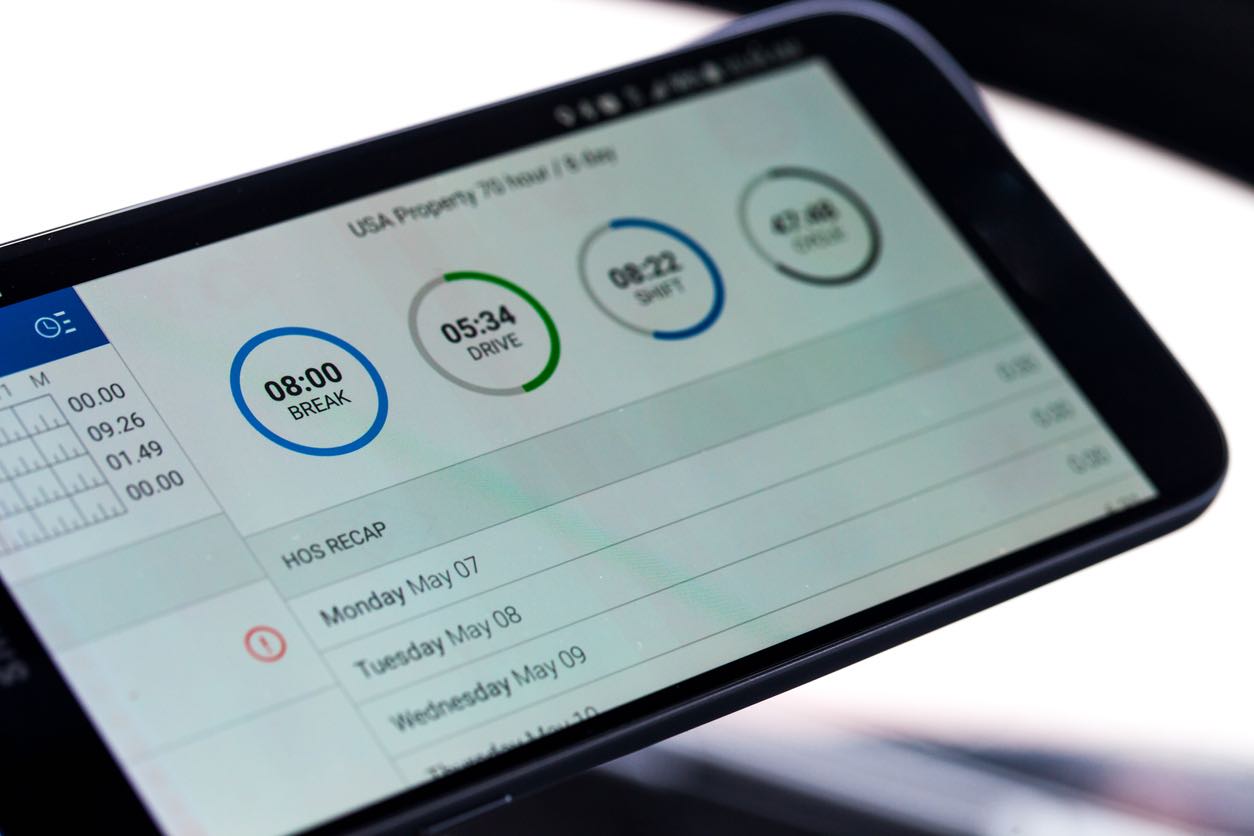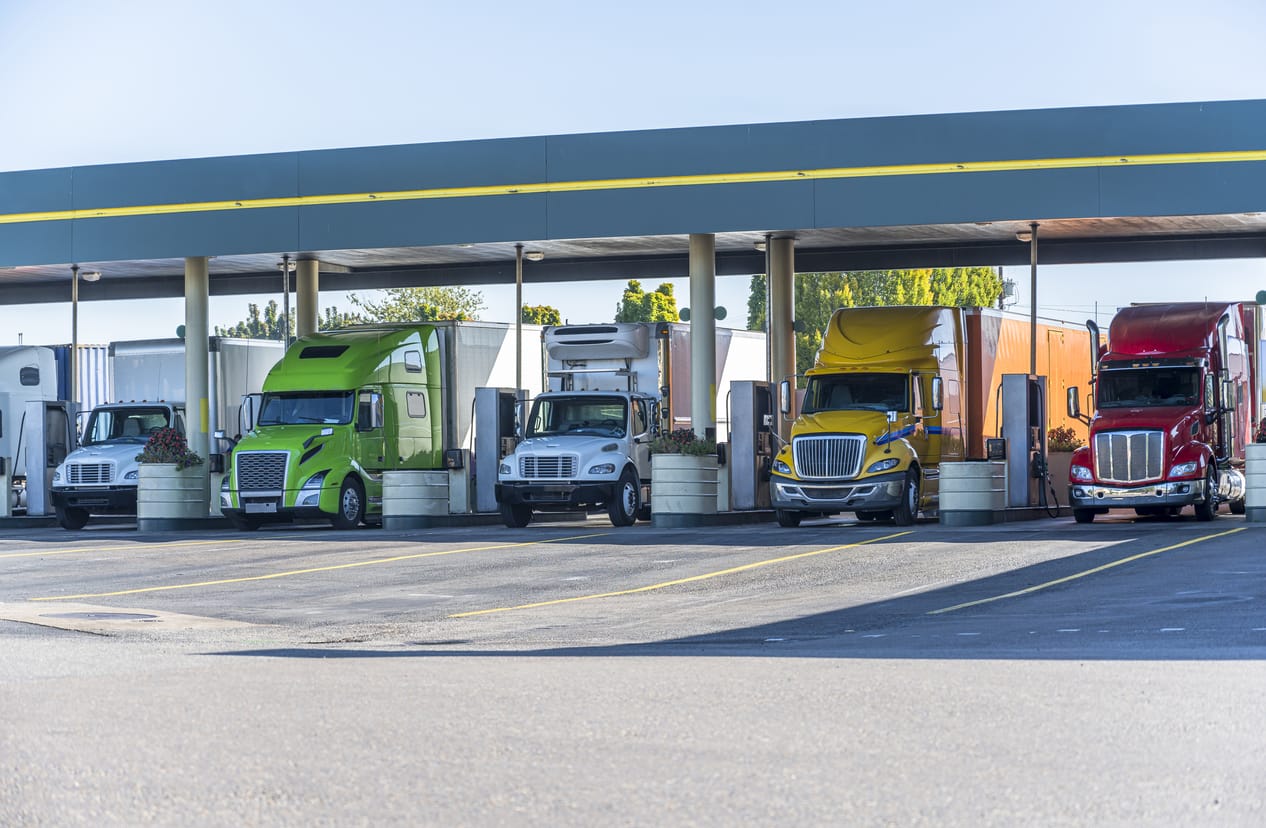After the Electronic Logging Device (ELD) regulation was put into effect, the transportation sector saw a dramatic change in its environment. This crucial action signaled a significant transition from conventional paper logbooks to digital monitoring, with the goals of improving traffic safety and guaranteeing adherence to Hours of Service (HOS) standards. An essential component of today’s fleet management, the ELD mandate monitors driver behavior and promotes a more responsible and safe transportation environment. Its deployment has not only made recording HOS easier, but it has also opened the door for improved logging process accuracy and efficiency.
A wide range of devices in the present ELD ecosystem meets the transportation sector’s different demands. These devices come in a variety of types, from basic models that fulfill basic compliance requirements to sophisticated systems that offer a full range of extra capabilities, such as GPS tracking and real-time data analysis, due to the rapid advancement of technology. This diversity guarantees that independent drivers and carriers alike may locate an ELD solution that meets their unique operating needs. But along with variety comes the need to make sure that every device complies with the strict guidelines established by the Federal Motor Carrier Safety Administration (FMCSA). This difficulty has lately resulted in notable advancements in the ELD field.

The Federal Motor Carrier Safety Administration (FMCSA) has announced the withdrawal of 10 electronic logging devices (ELDs) from its list of registered devices, a significant step that will affect the trucking sector. December 1st’s decisive action highlights the agency’s dedication to strict compliance requirements. Now, drivers and carriers using these devices have a deadline to meet: they have to switch to compliant ELDs by January 30, 2024. The FMCSA’s continuous efforts to improve trucking industry operational effectiveness and road safety are reflected in this indicator.
Several ELDs that were previously judged compliant are on the list of devices that have been revoked. These include TruckX-ELD, STEER RIGHT ELD, CI ELD LOGS, ELD 2 GO, ELD4TRUCKING, ELOG365, Golden ELD, POWERTRUCKS ELD, and WORLD TRUCKING ELD. The revocation occurred as a result of these devices’ inability to comply with 49 CFR part 395, subpart B, appendix A’s minimal standards. The removal of these devices from the authorized list brings the total number of ELDs that have been deemed non-compliant to an increasing number. This is an important step taken by FMCSA to maintain strict recording requirements in the trucking business in the United States.

An in-depth examination of FMCSA Standards Tight regulations are enforced by the Federal Motor Carrier Safety Administration (FMCSA) to guarantee the efficiency and dependability of Electronic Logging Devices (ELDs). These devices must fulfill certain requirements stated in 49 CFR part 395, subpart B, appendix A. These devices are critical for precisely recording Hours of Service (HOS). This includes the capacity to provide data in a way that safety experts may quickly access it without getting inside the vehicle. The objective of this standard is to improve roadside checks, which are essential to preserving road safety, and to make them more transparent. The FMCSA’s requirements demonstrate their dedication to making sure these gadgets serve as essential safety elements in the transportation sector rather than merely being advanced technology tools.
Guaranteeing Industry Compliance One of the main reasons the FMCSA recently revoked 10 ELDs was because they didn’t comply with these rules. Software bugs and other technological shortcomings are examples of non-compliance difficulties, and they all present serious threats to proper HOS recording. These stringent regulations are a reflection of the FMCSA’s commitment to maintaining the highest safety standards in the transportation industry. The FMCSA safeguards the interests of carriers and drivers who depend on ELDs for compliance and operational effectiveness in addition to ensuring the integrity of the ELD system. This action makes it very evident to both ELD producers and users that following safety and compliance regulations is essential for operating in the commercial transportation industry.

For drivers and carriers, the FMCSA’s decision to withdraw 10 ELD devices has significant ramifications. Users of the impacted devices are immediately faced with the pressing necessity to migrate to compliant systems. This is a major operational disruption rather than just a technological change. Now, drivers have to adjust to new interfaces and protocols, which may affect their concentration and efficiency while driving. Carriers are affected in two ways: first, there is the direct cost of purchasing new equipment; second, there is the indirect cost of training and downtime during the changeover. The logistics and operations management, which are already difficult and complicated aspects of the transportation business, are put under additional strain by this circumstance.
The measures to getting back into compliance are simple yet difficult. The impacted parties must first stop using the devices that have been revoked and temporarily go back to paper logs or another recording program. Despite being required, this temporary fix might be less effective and more prone to mistakes. Purchasing and putting into use compliant equipment from the FMCSA’s registered device list is a critical step. In addition to actually installing new devices, this process also includes making sure they adhere to all legal and regulatory standards. This shift has a fixed timeline, which makes an already difficult process much more urgent. Compliance is crucial to operating a trustworthy and effective transportation company; it goes beyond simply avoiding fines. Compliance is a dedication to safety and regulatory requirements.

Electronic Logging Devices (ELDs) that have been revoked must go through a rigorous review process before they can be reinstated, according to the Federal Motor Carrier Safety Administration (FMCSA). The producers of these devices must first address and correct every flaw found by the FMCSA in order for their products to be reevaluated for the authorized list. This means that the hardware and software components of the device must be completely redesigned in order to fully comply with the regulatory criteria outlined in 49 CFR part 395, subpart B, appendix A. This procedure is not only a formality; in order to satisfy the demanding criteria of the FMCSA, it needs thorough testing and validation. In order to be reinstated, manufacturers must prove their unwavering dedication to both regulatory compliance and quality control by guaranteeing that their devices consistently record hours-of-service data as needed by law.
The viability of this procedure may be inferred from historical precedents set by ELDs that were canceled in the past and then reinstated. A prominent instance is the Golden ELD, which was taken off the FMCSA’s authorized list in July and then added back on the same day. The manufacturer’s quick response to the particular concerns brought up by the FMCSA was the reason for this quick turnaround. Examples such as these emphasize that revoked devices may be redeemed, so long as the makers respond to compliance concerns promptly and proactively. These instances also provide as a guide for carriers and drivers, showing that even if revocation is a serious setback, if the required adjustments are performed, a device’s utility in the field need not be permanently lost.

The FMCSA’s strategy for regulating Electronic Logging Devices (ELDs) has been based mostly on the self-certification procedure. Under this approach, it is the duty of ELD manufacturers to guarantee that their products adhere to the government specifications. Subsequently, they affirm their adherence to the FMCSA directly, bypassing an impartial, external verification procedure. In order to expedite the transition for carriers and drivers and simplify compliance for manufacturers, this strategy has been implemented to facilitate the introduction of ELDs into the market.
But there has been a lot of opposition to this strategy, especially from groups that represent the industry, such as the Owner-Operator Independent Drivers Association (OOIDA). The dependability and compliance of self-certified ELDs are the main areas of concern. The recent FMCSA revocation of 10 ELDs serves as proof, according to critics, that there is an increased chance of non-compliant devices entering the market in the absence of an external assessment mechanism. Asserting that the existing self-certification methodology may result in operational interruptions and financial difficulties for carriers and drivers who inadvertently accept non-compliant equipment, OOIDA has been outspoken in its support of a more stringent, uniform certification procedure. To protect the interests of all industry players, they emphasize the necessity of a system that ensures the dependability and compliance with regulations of every ELD on the market.

We have examined the significant action taken by the Federal Motor Carrier Safety Administration (FMCSA) in its recent revocation of 10 Electronic Logging Devices (ELDs) in this comprehensive examination. The agency’s dedication to strict compliance and safety standards in the transportation industry is demonstrated by this decisive action. We’ve looked into the reasons for the revocations, emphasizing how these gadgets didn’t satisfy certain regulatory requirements, and we’ve also emphasized the short- and long-term effects on drivers and carriers. It is imperative that impacted parties transition to compliant devices prior to the deadline in order to prevent operational and legal consequences. This circumstance also draws attention to the continuing discussion around the ELD self-certification procedure, which has come under fire for allegedly enabling the sale of non-compliant devices. Carriers and drivers may more effectively navigate the changing ELD compliance landscape and make sure their operations comply with FMCSA standards by being aware of these dynamics. This article urges the industry to emphasize compliance in order to create safer and more effective roads, in addition to providing information.

Ship A Car, Inc. stands apart in the very competitive freight and vehicle transport industry with its unrelenting dedication to quality and compliance. The company’s strong reputation stems from its FMCSA license, which guarantees compliance with the strictest logistics and transportation regulations. Furthermore, their A+ reputation from the Better Business Bureau (BBB) attests to their dependability and outstanding customer service. Because of its emphasis on customer satisfaction and adherence to regulations, Ship A Car, Inc. is not only a leader in the industry but also a top pick for individuals and businesses looking for reliable, effective car shipping options. They are in a perfect position to handle the intricacies of freight and car transport, providing their clients with peace of mind in every transaction because of their proven expertise and solid industry reputation.
Q: What are the implications of using a revoked ELD device after the deadline?
A: There are serious repercussions for using an ELD device that has been revoked. Carriers and drivers that use these devices beyond the deadline risk compliance breaches, which can result in costly penalties and operational difficulties. Furthermore, drivers may be put out of commission, which would seriously interfere with company operations and shipment timetables. Carriers must realize how critical it is to make the changeover to a compliant ELD in order to minimize risks and preserve smooth operations.
Q: How can carriers ensure their ELD devices remain compliant?
A: Carriers should keep an eye out for FMCSA releases and upgrades in order to guarantee ELD compliance. Maintaining current knowledge of regulatory developments and participating in continual compliance training are crucial. Additionally, carriers have to set up procedures for routinely comparing their equipment to the FMCSA’s list of registered devices. Another important tactic is to collaborate with reliable ELD suppliers that give continuous support and upgrades. Taking proactive steps to preserve compliance, such performing internal audits and consulting with experts, can also be helpful.
Q: What role does Ship A Car, Inc. play in compliance with ELD regulations?
A: Ship A Car, Inc. is committed to upholding compliance. With an A+ rating from the BBB and an FMCSA license, the company places a high priority on adhering to all transportation laws, including ELD compliance. Ship A Car, Inc. makes sure all of the carriers it works with employ ELDs that comply with FMCSA regulations. Additionally, they keep up with legislative developments so they can provide their clients the right advice. Their dedication to regulatory compliance not only improves their operational integrity but also gives their clients confidence in terms of legal compliance and the dependability of their transportation.




